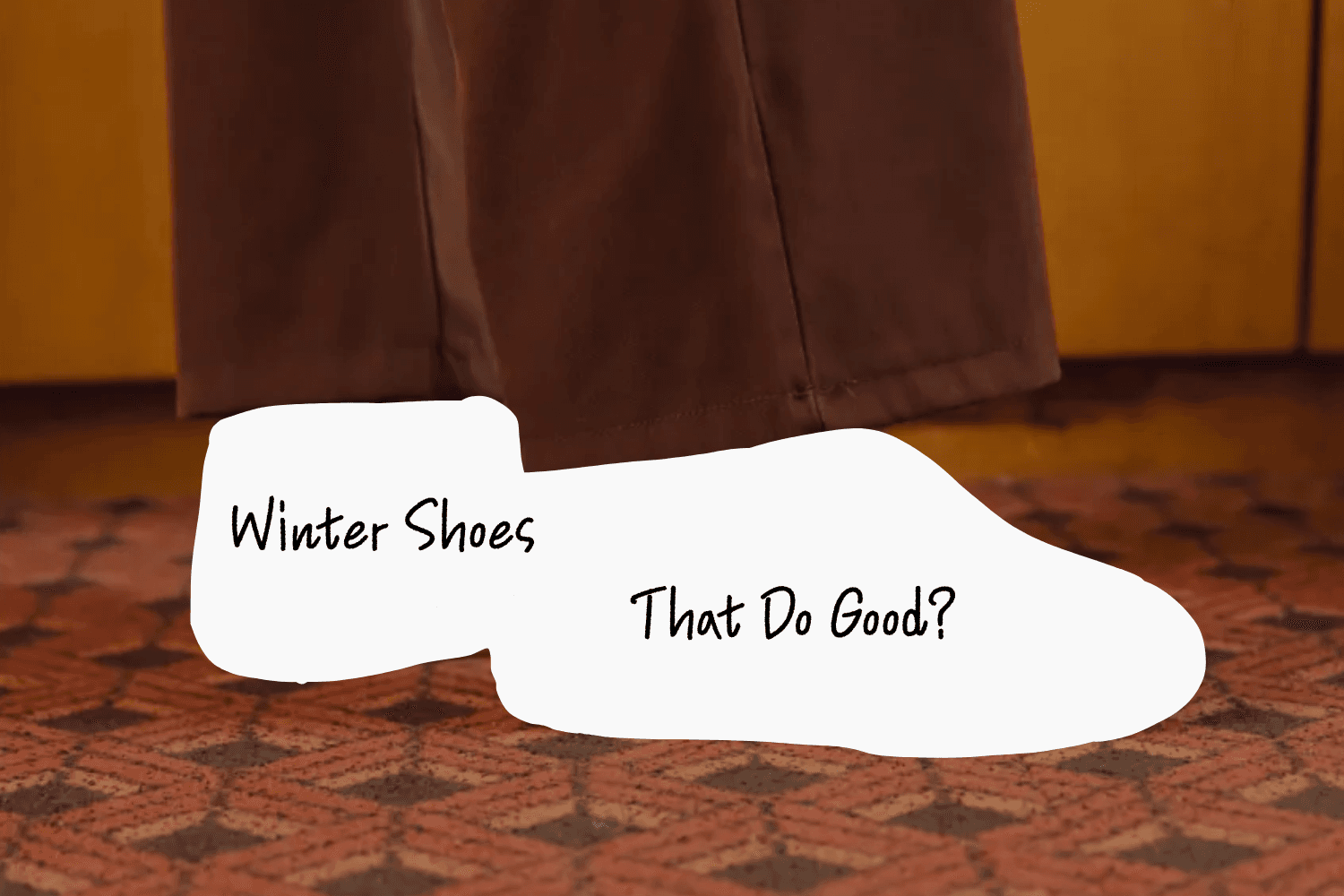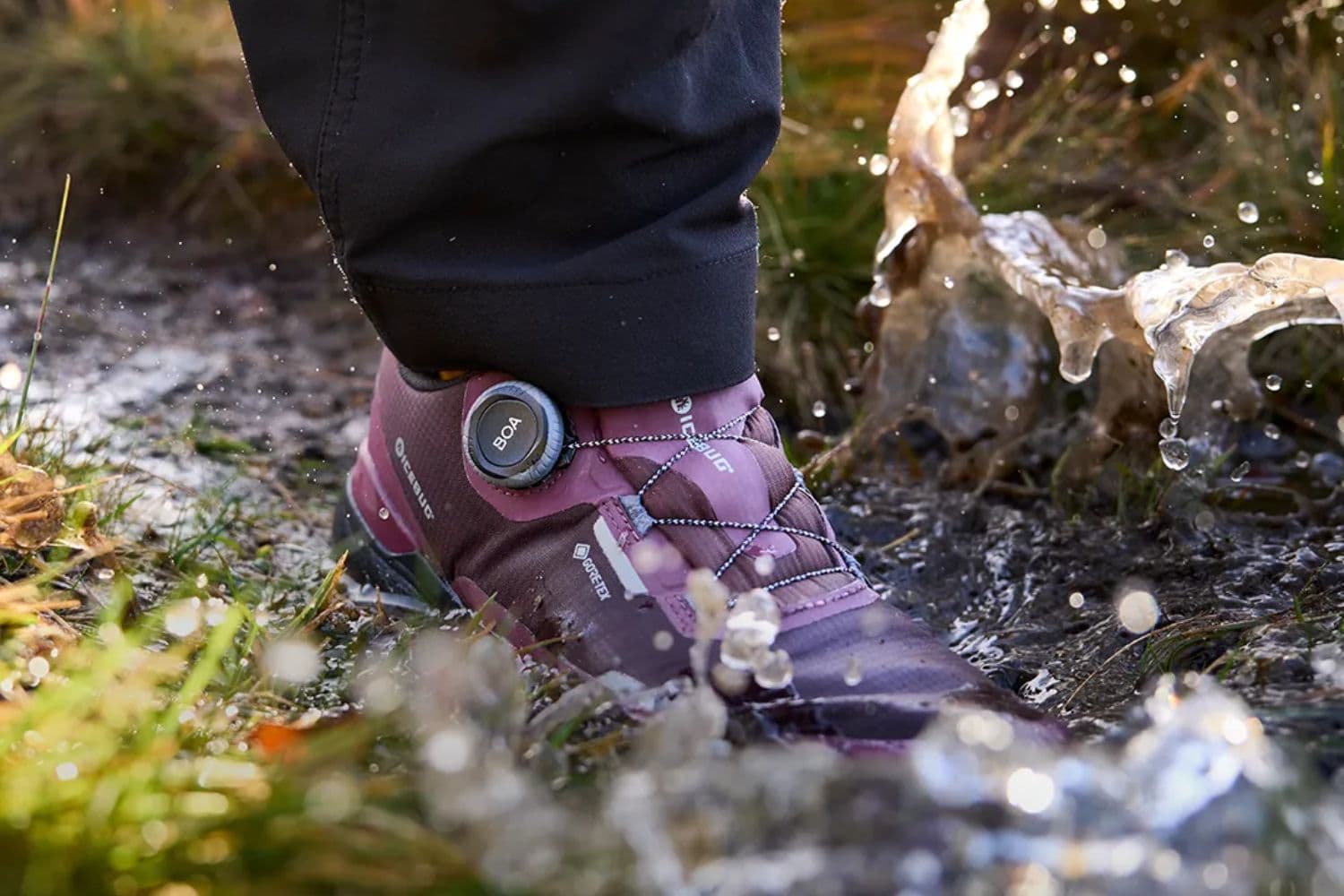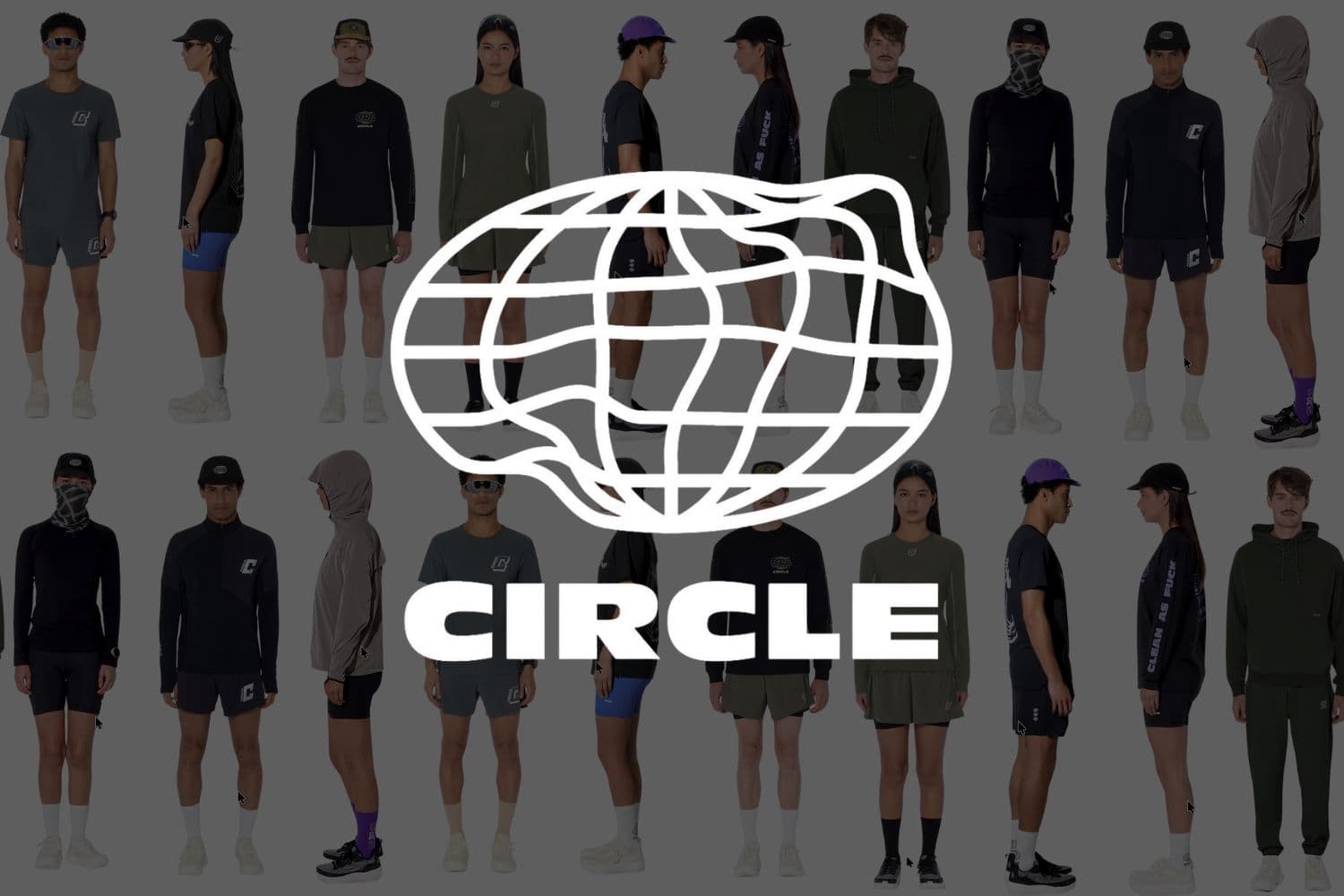On March 27th 2025, the 7th Edition of Bring It Back came to Rotterdam for a panel on how fashion garments are actually made and their impact on communities and our environment. The event was held at the KINO Rotterdam Film Theatre and was powered by RE The Agency and Rotterdam Circulair.

The discussion was opened up by the short documentary-style film "Made In"created by Remake. world, it dives into the reality of clothing manufacturing in Sri Lanka alongside the social and environmental impact of unethical practices in factories, particularly in countries with vulnerable and developing economies.
Bring it Back: 7th Edition

The event delved into sustainable practices in the textile industry through an interactive format, fostering open dialogue between panel experts and attendees. Creating space for questions, participants gained clarity through real-world examples, deepening their understanding of circular fashion and key industry insights.
The energy in the room was electric, making sustainability feel tangible and actionable—far beyond just a buzzword.
Meet the Panel
The panel consisted of four women from different corners of the sustainability industry.

Sophie Tenday Christiaens, from stby is based in Amsterdam. Her knowledge and skills in research and circular design around textiles and fashion. She led the conversation as the moderator.
Rachel Castillo, based in Amsterdam, works with communities and social issues through the Human Rights Agency. With her experience visiting supply chains in China, Hong Kong, and India, she offers businesses and collaborates with government organisations on frameworks for transitioning into sustainable social and economic growth in textiles.

Hilde van Duijn, Managing Director of the Circular Economy Foundation in Rotterdam, Netherlands, brings extensive expertise in sustainable business, circular value chains, and organic cotton production, among other areas. Her insights played a crucial role in breaking down complex social, political, and environmental issues, making them more tangible and actionable.
Roosmarie Ruigrok, founder of Clean and Unique, based in Amsterdam. She has over 40 years of experience in sustainability in fashion and textiles, focusing on ethical practices and circular solutions.
Key Moments: How It's Made
The panel explored key issues surrounding circularity in textiles, kicking off the discussion with a short documentary that shed light on unfair wages, unethical working conditions, and the environmental impact of cotton production.
 Viewing "Made In" by Remake.world
Viewing "Made In" by Remake.world
A major focus was the cycle of clothing consumption and disposal in different parts of the world. Panelist Roosmarie proposed a bold idea: halting new apparel production for seven years to reduce waste and encourage consumers to repair, reuse, and rethink their shopping habits.
While this may seem unrealistic at the moment, it raises an important question—what will it take for us to reconsider the clothes we already own, embrace second-hand shopping, or even swap outfits with friends instead of buying cheaply made disposable fashion?

Closing the loop in fashion was a belief shared across all the panel, encouraging consumers to use less, make clean and reduce reliance on the production of raw materials in the fashion industry.
The panellists brought diverse expertise to the discussion. Rachel Castillo shared her firsthand experience on the social impact of fashion production in developing countries, offering valuable insight into labour conditions and ethical challenges.
Hilde van Duijn contributed key perspectives on retail giants, organic cotton production, and the broader network of stakeholders. Her deep knowledge of circular solutions highlighted the domino effect of transitioning to a circular economy.
Hilde van Dujijn also highlighted in an interview after the panel explained:
“Risks in circular practices arise when ambitious sustainability policies introduce new requirements for manufacturing factories in developing countries without additional financial investment."
Therefore, there is also a shift in industry practices toward providing social and financial support to the countries where goods are produced.

The event marked another successful edition of Bring It Back. As a sustainability advocate, I remain hopeful for a shift in how we consume and transition toward a truly sustainable system. However, with retail giants continuously pushing best-selling campaigns, seasonal sales, and strategies to clear dead stock, that hope is often challenged.

Attending this interactive event was eye-opening—it reinforced that the circular economy is a collective transition that requires collaboration between stakeholders and businesses across industries. The key takeaway was both inspiring and educational, offering a glimpse into the future of circularity while providing the opportunity to engage with pioneers leading the movement.
Bring It Back - more Events in 2025
The next edition of Bring it Back will take place on Thursday, 24 April 2025, you can already reserve your spot via the link!
Make sure to stay up to date on all details via our socials.
What is Bring It Back?
Bring It Back is an event series focused on sustainability in fashion, highlighting circular economy solutions, ethical production, and innovative approaches to reducing waste in the fashion industry.
When is the next Bring It Back event?
The next edition of Bring it Back will take place on Thursday, 24 April 2025. Get your tickets here at no cost.


.png&w=3840&q=75)


.png&w=3840&q=75)
.png&w=3840&q=75)

